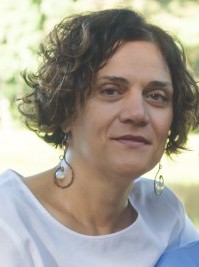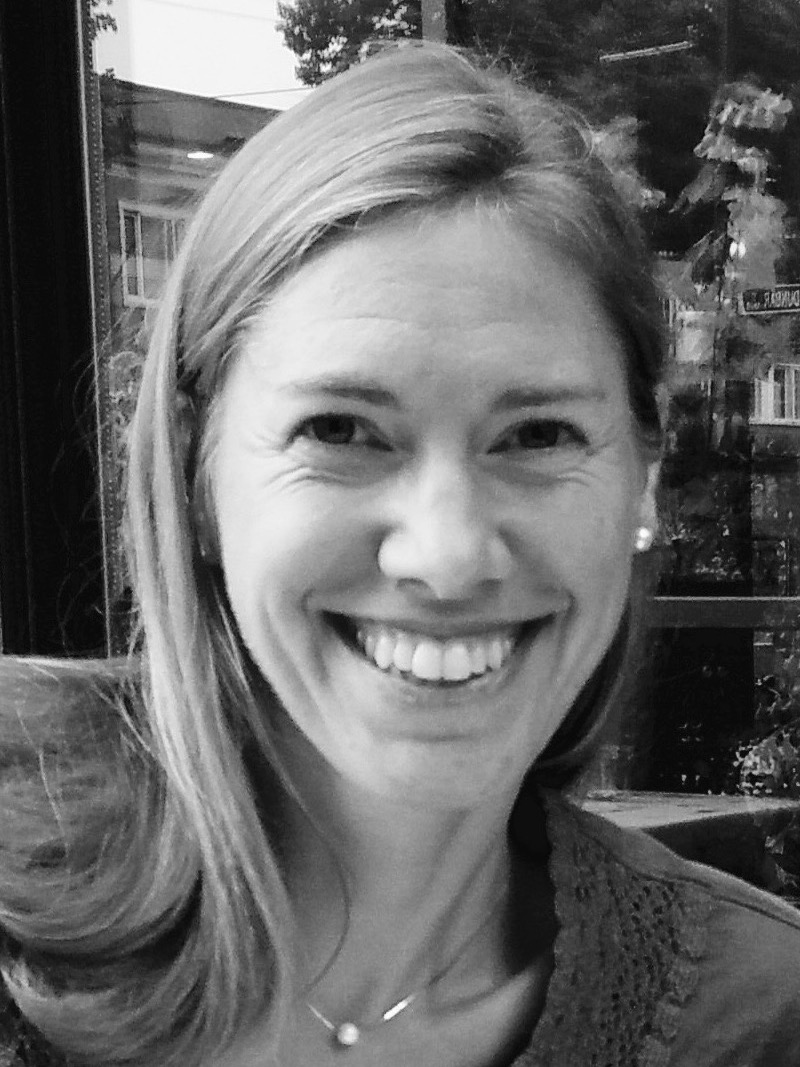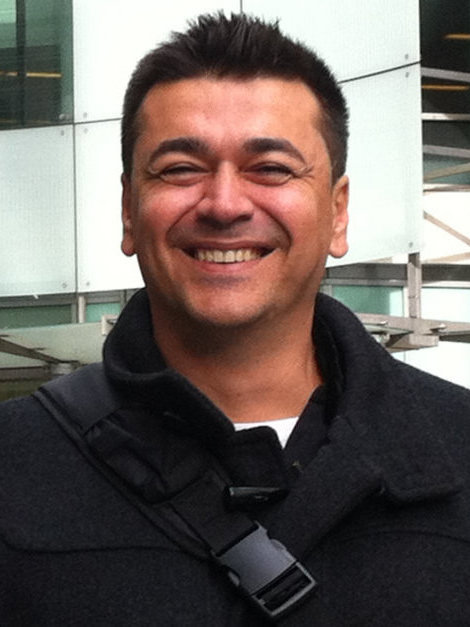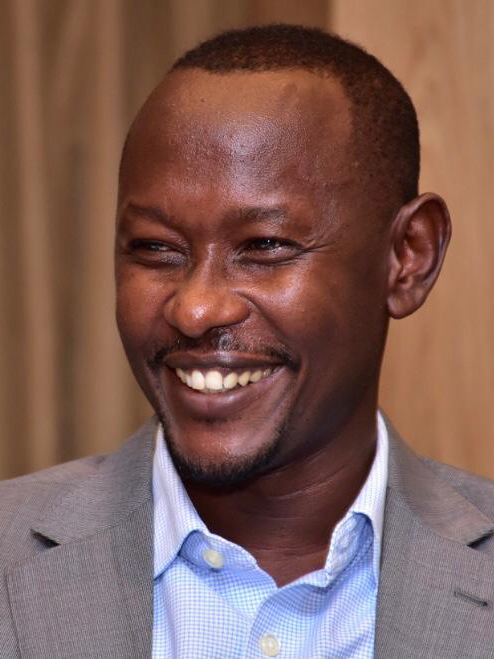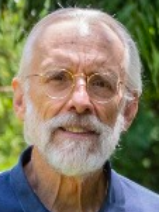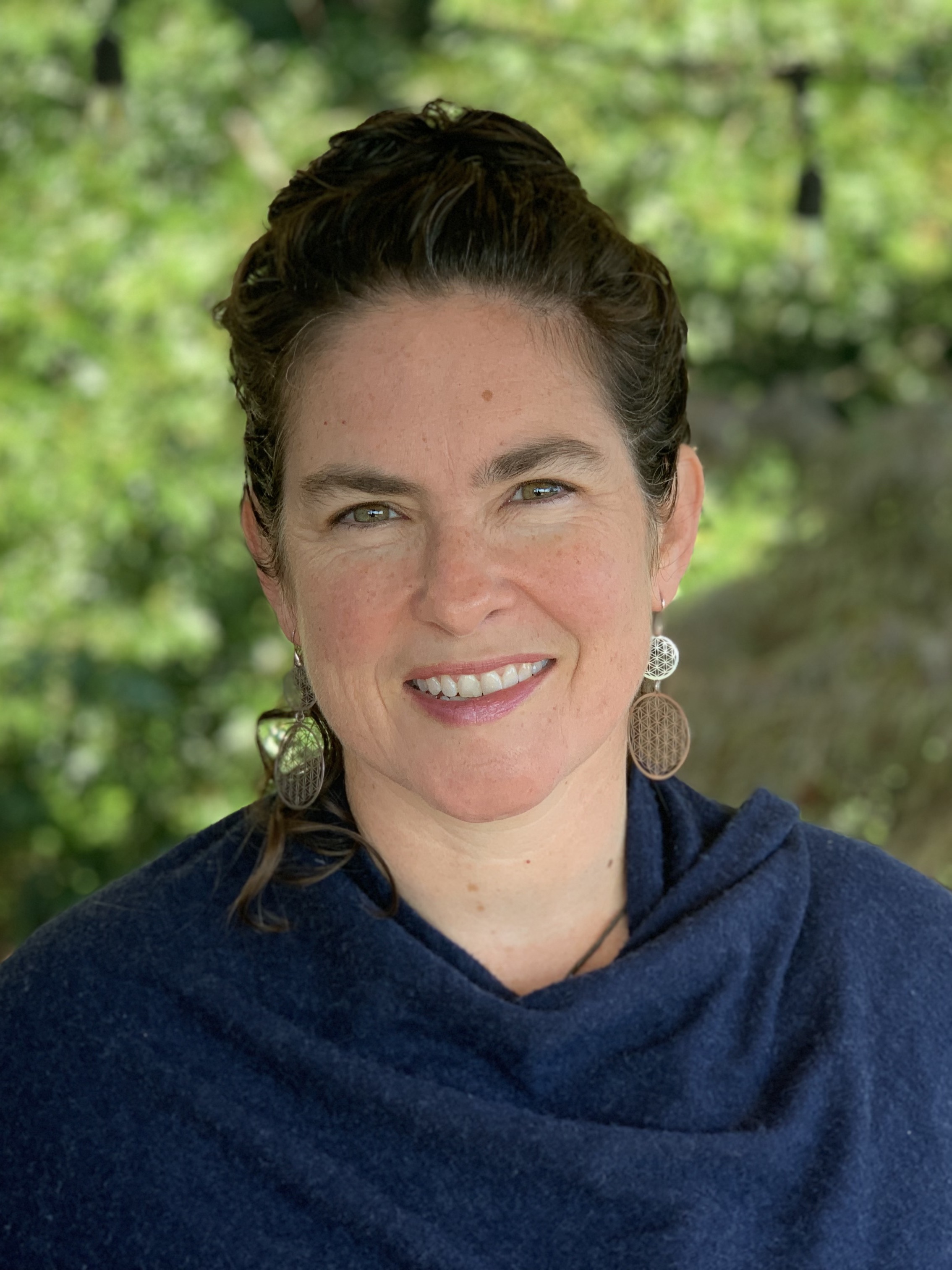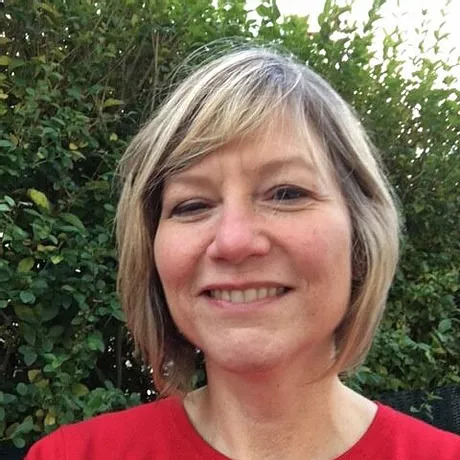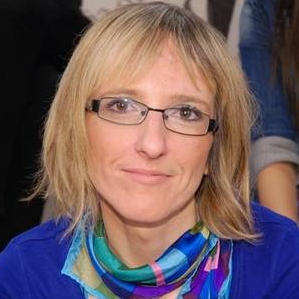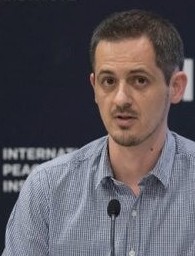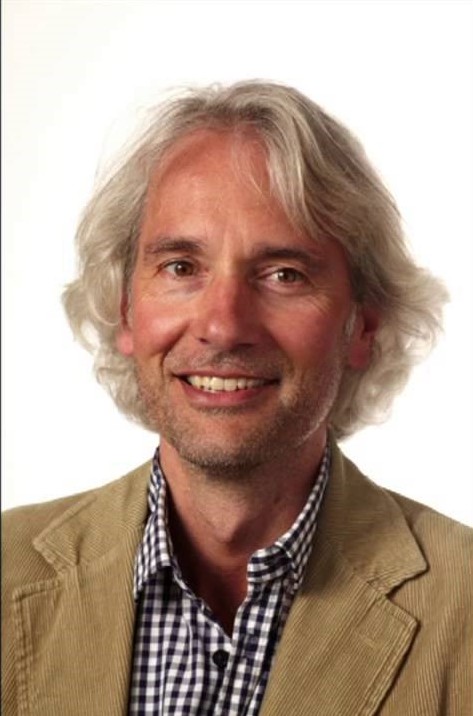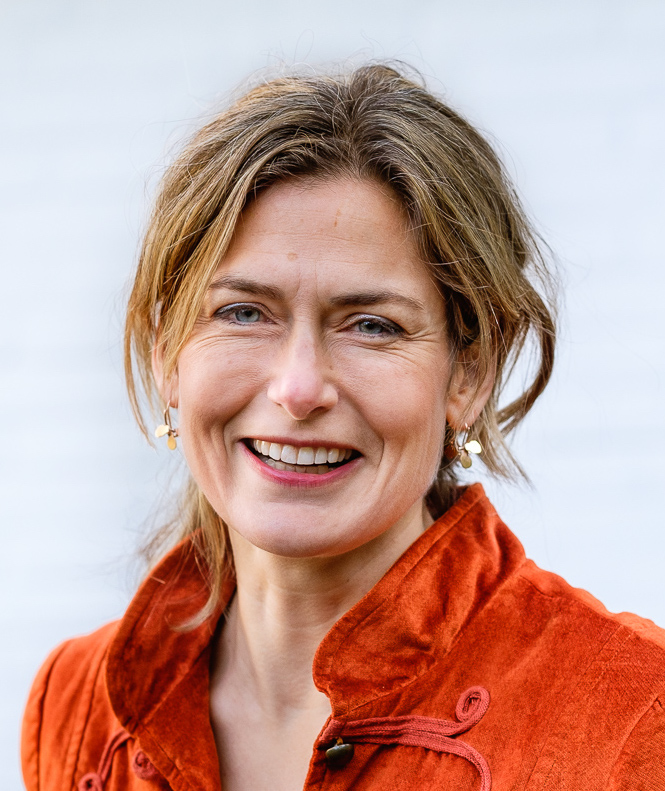2021 International Summer Course in Critical Peace Studies
Module 1: 'Whose Knowledge Counts for Peace?' Theorizing the Practical Wisdom of Local Practitioners (the week of July 26-30) - Instructor Dr. Emily Stanton, Community Relations in Schools, Belfast
Practitioners and scholars increasingly call for attention to be paid to local and ‘bottom-up’ peacebuilding to ensure legitimacy, relevance and sustainability when addressing protracted violent conflict. However, to date such knowledge remains broadly undervalued and local practitioners are routinely marginalised. In Northern Ireland, these debates remain live. Long before and after the ink was dry on the Good Friday / Belfast Agreement, ordinary citizens, grassroots community leaders, and affected populations were active in bottom-up efforts to pursue and advocate for nonviolent social change using their ‘everyday’ lived experience of conflict to judge when, and how, to intervene in their own particular contexts.
This module will build upon and explore ‘epistemologies of practice’ in peacebuilding. The Aristotelian term ‘phronesis’ or practical wisdom will be (re)introduced and discussed as a concept (emerging from Dr. Emily Stanton’s empirical research in Northern Ireland) to consider knowledge gained from applied practice. Phronesis, Dr. Stanton argues, is a valid and valuable form of knowledge often used by practitioners with local and lived experience of violent conflict. As contrasted with Techne (Skill) or Episteme (Theory), Phronetic knowledge or ‘practical wisdom’ for peacebuilding is viewed as nuanced context-knowledge used to judge how best to address conflict and create social change within a particular local environment. The module will seek to interrogate and learn from case studies in Northern Ireland and explore with participants from other conflict regions by: Considering extant practice knowledge hierarchies, and asking fundamental questions such as ‘whose knowledge matters for building peace? What kind of knowledge matters? Do we value practitioner knowledge? And if so, how can practitioners more routinely be involved in knowledge production?
Module 2: Peacebuilding in Divided Societies from a Gender Perspective (the week of August 2-6) - Instructor Dr. Zlatiborka Popov Momčinović, University of East Sarajevo
The aim of this module is to inform participants about the notion of peacebuilding from the gender perspective as well as to encourage them to be critically engaged in deconstruction of the very definitions of conflict, violence, and peace and raise their awareness of the importance of gender as an analytical and practical tool in both theory and praxis. The module will be organized in two sessions.
The first session applies Galtung’s negative and positive peace, and his distinction between direct, structural and cultural violence, and considers women’s positions in this regard. While women are especially vulnerable and exposed to specific forms of violence during war as direct violence, during negative peace women can be discriminated against on different levels (structural violence) accompanied by the values of sexism and misogyny in order to justify this situation (cultural violence). On the other hand, women are not only passive spectators and they perform varied activities to step out from their marginalized positions and to combat structural and cultural violence. Also, women tend to be engaged in preventing conflict, to provide different forms of assistance after a conflict’s escalation, and to participate in different peace oriented activities after the cessation of hostilities. It should not be neglected that many women are themselves carriers of patriarchal values that go hand in hand with militarism which contribute to the different forms of violence.
In the second session, the participants will be acquainted with the specific position of women in the former Yugoslavia focusing on Bosnia and Herzegovina as a still divided “post-conflict” society. This session will examine the tensions between feminist efforts against war and other forms of violence and the co-opting of some women’s groups by nationalists. Throughout, this module will elaborate in more detail the activities of women (especially feminist and civil society activists) who combatted cultural and structural violence and pursued durable and just peace, as well as the shortcomings of those efforts.
Module 3: Everyday Peace Practice at Work in Bosnia and Herzegovina (the week of August 9-13) - Instructor Dr. Jasmin Ramović, University of Manchester
The role of work in conflict-affected societies has not been given due attention in the existing research in peace and conflict studies. This module of the summer school looks at practices of everyday peace at work in Bosnia and Herzegovina (BiH), a conflict-affected society which has witnessed a number of its citizens crossing ethnic divisions, in the pursuit of their livelihood. In addition to looking into the role that work can play in peacebuilding in general terms, this module will revolve around the findings of an ethnographic research conducted in a factory in BiH, which hires workers from different ethnic groups. The research specifically looks at the experience of work among the younger generation of workers, who for the first time share their environment with different ethnic groups. The unit will focus on challenges they face in their work in terms of establishing and maintaining meaningful relations with their co-workers of different ethnic backgrounds, and how these relations are conditioned by their immediate socio-economic environment as well as economic developments at the global level.
Concepts such as counter-insurgency or counter-revolution alert scholars to the subtleties of power, intervention, and legitimate authority, as well as the residual conservatism of institutional forms such as the state or the global political economy. These concepts are often designed to explain how progress would be destabilizing, whereas the status quo is natural and as secure as is possible, and that radical movements for social change are more of a danger than oppressive forms of power.
Likewise, the concept of counter-peace can be used to map out the formal and informal structures and processes that resist what is commonly described as an actual peace process (including mediation, peacekeeping, peacebuilding or statebuilding). Resisting emancipation and progress is far from counter-intuitive in that such ‘restorations’ of power-relations are often deemed in theoretical and policy literatures to preserve vital interests, stability, and elite authority frameworks. Thus, applying the analogy of counter-insurgency or counter-revolution, we can examine how blockages to peace arise, why, projected by whom and what, for which goals? It reveals how peace is opposed and why. The concept enables an assumption that for every peace operation, process, or for peacebuilding, there will be a counter-peace process.
Furthermore, just as the many types of peace praxis can be scaled up towards the identification of an evolving international peace architecture, so an evolving counter-peace architecture can be identified. It is driven by spoiling, devious objectives, elite, national and hegemonic interests, and processes designed to oppose the basic tenets of peace praxis and theory: those of emancipation, global justice, and sustainability. This lecture explores this new conceptualisation, and its implications.
Module 4: Sanski Most virtual excursion (the week of August 16-20)
Sanski Most is a town located on the former front lines of the conflict in northwest Bosnia. The 1992-1995 war took a heavy toll on this region – an area affectionately known as “Sana” by locals because of the beautiful Sana river that runs through many of the towns and villages. Sanski Most and it’s neighbouring town of Prijedor, 30 kilometres to the north saw ethnic cleansing on a massive scale, with as many as 52,000 non-Serbs forcibly expelled or killed from Prijedor’s total 120,000 pre-war residents. Three of the largest and most notorious concentration camps – Omarska, Trnopolje, and Keraterm – were located in Prijedor.
When the fighting stopped in 1995, Sanski Most became part of the Muslim-Croat majority Federation while Prijedor became part of the Serb-majority Republika Srpska. After the war, thousands of Prijedor’s non-Serb residents chose to live in Sanski Most, instead of returning to their pre-war city. Even twenty-five years after the war in Bosnia, deep physical and psychological divisions remain. Sanski Most’s population continues to face educational, economic, and social challenges. Psycho-socially, there is little reconciliation between Bosniaks and Serbs living in the region. Despite a history rich with inter-ethnic cooperation, the legacy of violence as well as the current political and economic situation makes interacting with “the other” incredibly difficult.
The hosts for this virtual excursion are peacebuilders Vahidin Omanović and Mevludin Rahmanović who founded the Center for Peacebuilding (CIM) in 2004. CIM’s activities are built on the core concepts of mutual listening, understanding, and compassion through (re)building relationships. CIM’s activities bring together men, women, and youth, from rape victims, camp survivors, war veterans and diverse religious leaders in dialogue, counselling sessions, and conflict resolution skill building seminars. CIM’s mission is to empower people to work through their trauma in order to transform Bosnia & Herzegovina’s conflict. CIM’s activities are informed by the region’s recent violence, but CIM’s staff believes that it is possible to rebuild Bosnia and Herzegovina through internal healing and relationship.
Module 5: Do try this ‘at home’: Building Peace in Western Europe (the week of August 22-27) - Instructor Dr. Michelle Parlevliet, Associate, Conciliation Resources; Senior Associate, Reos Partners
Despite the ‘local turn’ in peacebuilding literature and policy, the concept and practice of peacebuilding has seldom been applied to and in Western Europe. It is still mostly applied to fragile and conflict-affected settings, often in the Global South. In the context of Europe, ‘peacebuilding’ has long been an endeavour that the European Union either supports as a donor or supposedly epitomizes itself – and that at most pertains at close range to settings that conform to type in terms of having experienced manifest conflict and extensive violence: the Balkans, Northern Ireland, Cyprus. Yet developments in, for example, the United Kingdom (Brexit), Spain (Catalonia), France (gilets jaunes), suggest that conflict dynamics in Western Europe have been increasing and intensifying. The pandemic and BlackLivesMatter movement have surfaced and exacerbated long-standing tensions in and across Europe relating to governance, rule of law, inequality and exclusion. These cast doubt on the substance and sustainability of ‘peace’ in Western Europe and make peacebuilding an explicit imperative there.
This module will explore the importance of engaging in peacebuilding in Western European societies, drawing on, on the one hand, literature on the local turn, decolonization of peacebuilding, and the socio-legal notion of ‘bringing human rights home,’ and on empirical consideration of conflict dynamics in Western Europe on the other. It will also explore what peacebuilding in Western Europe might entail, taking into account approaches that are already used but may not be explicitly labelled ‘peacebuilding,’ and peacebuilding experiences in the USA and the Global South. The module will critically engage with the notions of peace, peacebuilding, ‘the local’ and ‘at home’ and with questions around the ‘transferability’ of peacebuilding insights and methodologies; factors helping and hindering peacebuilding in Western Europe; and the added value (if any) of labelling practices ‘peacebuilding’.
Module 6: The Colombian armed conflict (1965-2021): peacebuilding complexities of a protracted conflict (the week of August 30-September 3) - Instructor Dr. Louis Monroy Santander, Pontificia Universidad Javeriana, Bogotá
The module seeks to emphasize the history of the Colombian armed conflict as a case of how protracted conflicts become more and more complex to solve with the passage of time, as they tend to include more dynamics that must be resolved. The Colombian case serves to identify a wide range of structural causes: colonial practices and their influence on the creation of democratic institutions, inequality, land distribution, lack of political representation and exclusion of certain sectors, drug-trafficking as an economic incentive for conflict, socio-political polarization, and the dilemma of peace versus justice.
As students analyse and understand the problems of Colombia´s 66-year-old conflict, they are prompted to understand the wide range of causes of violence, an exploration of different peace negotiation and counterterrorism approaches in the country as well as the current dilemmas of peacebuilding arising after the 2016 Havana Peace agreement. After the unit, students should be able to use the case study as an example of how protracted conflicts require thorough peacebuilding engagement and how political discourse can dramatically affect peacebuilding efforts.

